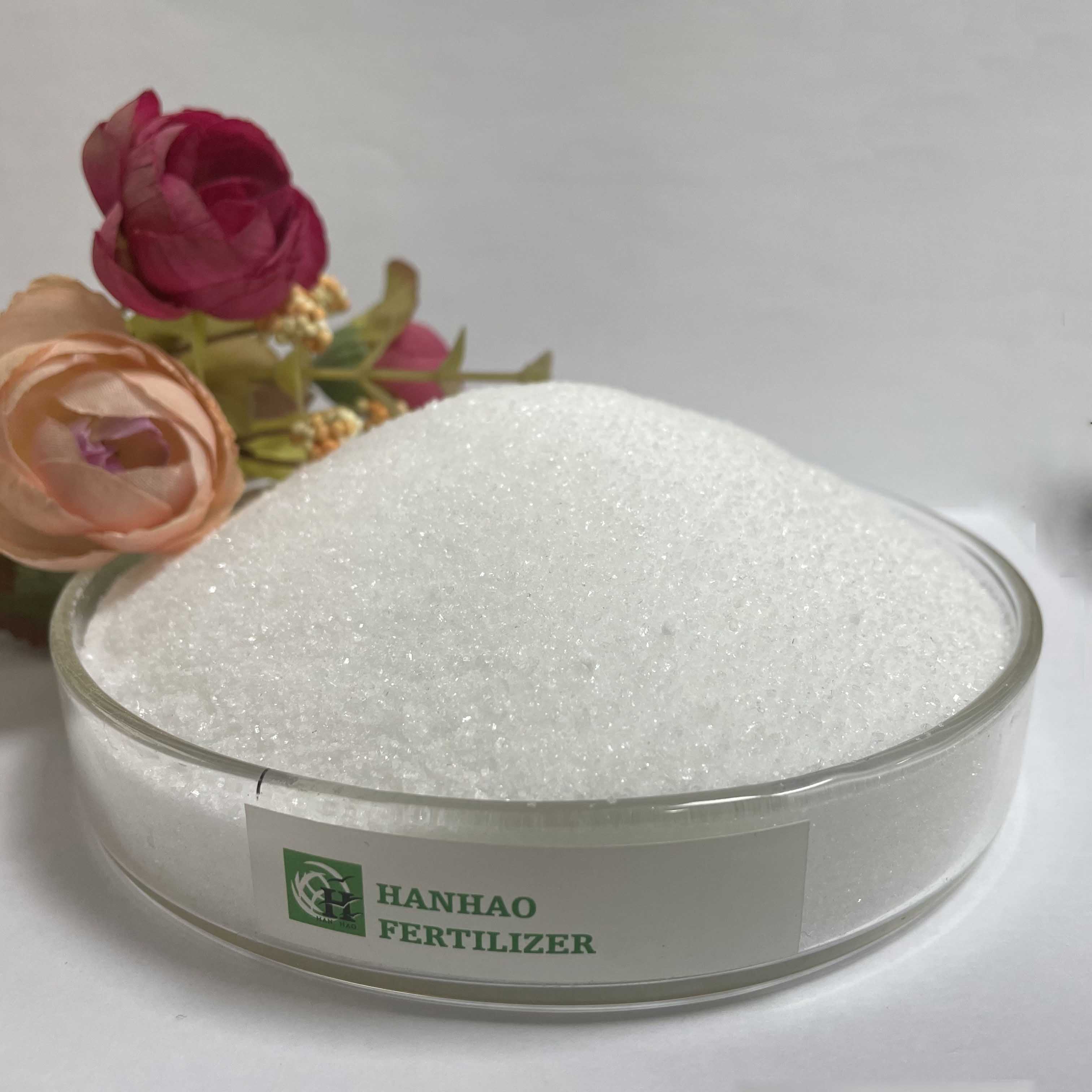
Nov . 19, 2024 13:44 Back to list
buy urea guanular
Understanding the Benefits of Buying Granular Urea
Urea is an organic compound that plays a vital role in agricultural practices as a nitrogen fertilizer. Among the various forms available, granular urea is one of the most widely used due to its numerous advantages. This article will explore the benefits of buying granular urea and its role in enhancing agricultural productivity.
What is Granular Urea?
Granular urea is a solid nitrogen fertilizer with a high nitrogen content—typically around 46% nitrogen by weight. It appears as white granules, which are easy to handle and apply. The granular form allows for uniform distribution on fields, ensuring that crops receive a balanced amount of nutrients. Urea itself is produced through a chemical process that combines ammonia and carbon dioxide, making it one of the most efficient nitrogen fertilizers available.
Advantages of Buying Granular Urea
1. High Nutrient Content One of the most significant benefits of granular urea is its high nitrogen concentration. Nitrogen is essential for plant growth, promoting green, leafy growth and enabling plants to synthesize proteins and chlorophyll. This can lead to increased crop yields and better quality produce.
2. Cost-Effectiveness Granular urea is generally more affordable compared to other nitrogen fertilizers. Its high nitrogen content means that farmers can apply less product while still achieving optimal results, reducing shipping and handling costs.
3. Ease of Application The granulated form simplifies application methods. Unlike liquid fertilizers, granular urea can be spread uniformly over fields using standard spreading equipment. This ease of application contributes to better crop management and minimizes the risk of nutrient loss due to runoff or evaporation.
4. Soil Improvement When applied to the soil, granular urea undergoes a process called hydrolysis, which converts it into ammonium and then into nitrate. This transformation not only provides plants with accessible nitrogen but also improves soil structure by enhancing microbial activity and promoting a more conducive environment for root development.
5. Compatibility Granular urea can be blended with other fertilizers, allowing farmers to create customized nutrient solutions tailored to specific crop needs. This versatility makes it an integral part of many fertilization programs, enabling improved management of soil health.
6. Reduced Risk of Environmental Impact When used judiciously, granular urea can minimize the risk of nitrogen leaching into waterways, a common problem associated with over-fertilization. By following best management practices, farmers can optimize urea application and reduce potential environmental impacts.
buy urea guanular

7. Availability Granular urea is widely available in agricultural markets, making it a convenient choice for farmers. Its popularity means that most agricultural suppliers stock this fertilizer, ensuring that it can be easily sourced when needed.
How to Buy Granular Urea
When considering the purchase of granular urea, it's essential to evaluate several factors
1. Quality of Product Ensure that you are purchasing from reputable suppliers who provide high-quality urea that meets industry standards.
2. Application Needs Assess your specific crop requirements and soil conditions to determine the necessary application rate of urea.
3. Cost Comparison Compare prices from different suppliers to ensure that you are getting a fair deal without compromising on quality.
4. Storage and Handling Granular urea should be stored in a dry, cool place to maintain its effectiveness. Consider the logistics of storage and handling when making your purchase.
5. Timing of Application Plan your purchase with respect to the planting and growing seasons, as timing can significantly impact the efficacy of the fertilizer.
Conclusion
Buying granular urea presents numerous advantages for farmers looking to enhance their crop yields and overall agricultural efficiency. With its high nitrogen content, cost-effectiveness, and ease of application, granular urea is a staple in modern farming practices. By understanding its benefits and following best management practices, farmers can make informed decisions that lead to sustainable agricultural success.
-
Premium Organic Manure Compost for Eco Gardens
NewsAug.01,2025
-
Organic 10-10-10 Fertilizer | Balanced Plant Nutrients
NewsJul.31,2025
-
Premium Amino Acid Fertilizer | Rapid Plant Growth Booster
NewsJul.31,2025
-
10 10 10 Fertilizer Organic—Balanced NPK for All Plants
NewsJul.30,2025
-
Premium 10 10 10 Fertilizer Organic for Balanced Plant Growth
NewsJul.29,2025
-
Premium 10 10 10 Fertilizer Organic for Balanced Plant Growth
NewsJul.29,2025
